Institute for African Development
Information Session: Latin American Studies Undergraduate Minor
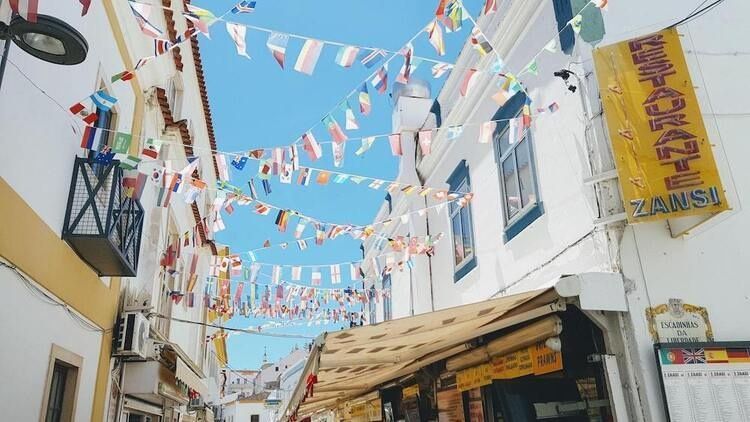
January 28, 2025
5:00 pm
The undergraduate minor in Latin American Studies spans across disciplines and allows you to explore the history, culture, government, politics, economy and languages of Latin America and the Caribbean. Qualifying courses can be found in many of the colleges.
Register here. Can’t attend? Contact lacs@cornell.edu.
Additional Information
Program
Einaudi Center for International Studies
East Asia Program
Southeast Asia Program
Latin American and Caribbean Studies
Institute for African Development
Institute for European Studies
Migrations Program
Information Session: Fulbright U.S. Student Program for Undergraduates

February 24, 2025
4:45 pm
The Fulbright U.S. Student Program supports U.S. citizens to study, conduct research in any field, or teach English in more than 150 countries. Students who wish to begin the program immediately after graduation are encouraged to start the process in their junior year. Recent graduates are welcome to apply through Cornell.
The Fulbright program at Cornell is administered by the Einaudi Center for International studies. Applicants are supported through all stages of the application and are encouraged to start early by contacting fulbright@einaudi.cornell.edu.
Register here. Can't attend? Contact fulbright@einaudi.cornell.edu.
Additional Information
Program
Einaudi Center for International Studies
Reppy Institute for Peace and Conflict Studies
East Asia Program
Southeast Asia Program
Latin American and Caribbean Studies
Institute for African Development
Institute for European Studies
South Asia Program
Migrations Program
Information Session: Global PhD Research Awards and Dissertation Proposal Development Program

February 20, 2025
5:00 pm
The Amit Bhatia ’01 Global PhD Research Awards fund international fieldwork to help Cornell students complete their dissertations. Through a generous gift from Amit Bhatia, this funding opportunity annually supports at least six PhD students who have passed the A exam. Recipients hold the title of Amit Bhatia ’01 Global PhD Research Scholars. All disciplines and research topics are welcome. The award provides $10,000 to be used by the end of the sixth PhD year for international travel, living expenses, and research expenses. Applications are due March 7, 2025.
The Einaudi Dissertation Proposal Development Program supports 12 students over the course of a year to participate in seminars, workshops, and mentoring sessions and receive up to $5,000 for summer research. Applicants’ research projects must focus on global issues, but the proposed research setting may be international or domestic. In addition to six weeks of summer research, the program includes community-building and mentoring events. Applications are due by March 2, 2025.
Register here. Can't attend? Contact programs@einaudi.cornell.edu.
Additional Information
Program
Einaudi Center for International Studies
Reppy Institute for Peace and Conflict Studies
East Asia Program
Southeast Asia Program
Latin American and Caribbean Studies
Institute for African Development
Institute for European Studies
South Asia Program
Migrations Program
Politics, Markets, and Governance in Africa - conference in honor of Nicolas van de Walle May 8-9, 2025, Cornell University, Ithaca, NY

Our cherished friend and colleague Nic van de Walle insights into the politics of economic policy making and “permanent crisis”, the driving forces of regime dynamics, electoral politics, and democratic transitions, continue to underpin the foundations of comparative politics. Join us on May 8-9, 2025 for discussions and reflections on his legacy and contribution to intellectual currents.
Demographic Change is Reshaping Public Policy from NY to Africa

Parfait Eloundou-Enyegue, IAD
“If you provide jobs and a safe transition into adulthood and the workforce, then you can create sustained economic growth, better income distribution, and the type of household savings that build stability,” said Parfait Eloundou-Enyegue, professor of global development and public policy at the Jeb E. Brooks School of Public Policy and the College of Agriculture and Life Sciences.
Additional Information
Institute for African Development Director, Rachel Bezner Kerr.
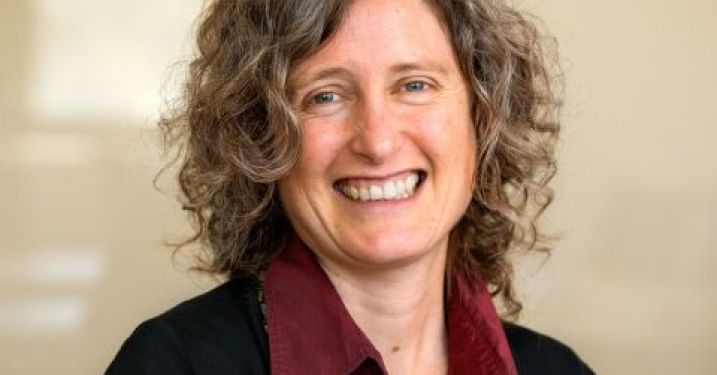
Rachel Bezner Kerr is a professor of global development in the College of Agriculture and Life Sciences. Her research interests converge on the broad themes of sustainable agriculture, food security, health, nutrition, and social inequalities.
IAD Spring 2025 Seminar: "African Integration Within the Imperatives of Neo-Liberal Globalism, Multipolarity and the African Union Agenda 2063: Can it be Feasible?"
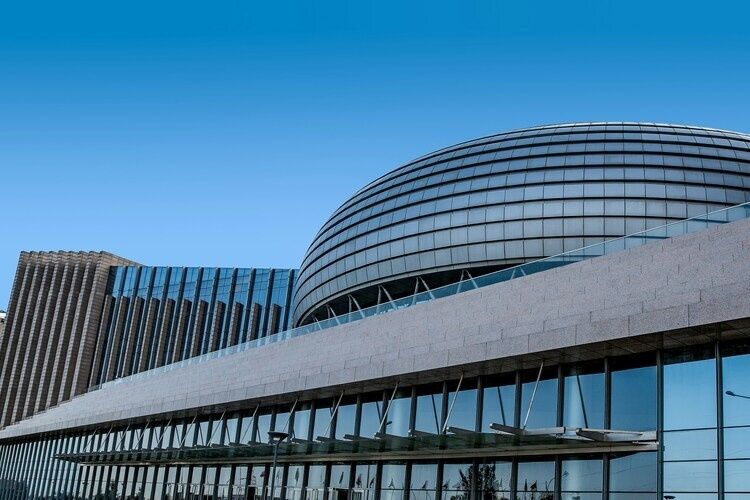
May 1, 2025
11:15 am
Sibley Hall, 115
African Integration Within the Imperatives of Neo-Liberal Globalism, Multipolarity and the African Union Agenda 2063: Can it be Feasible?
AGENDA 2063 is Africa’s blueprint and master plan for transforming Africa into the global powerhouse of the future. It is the continent’s strategic framework that aims to deliver on its goal for inclusive and sustainable development and is a concrete manifestation of the pan-African drive for unity, self-determination, freedom, progress and collective prosperity pursued under Pan-Africanism and African Renaissance.
https://au.int/en/agenda2063/overview
Public Registration
Additional Information
Program
Einaudi Center for International Studies
Institute for African Development
IAD Spring 2025 Seminar: The National Liberation Moment: Solidarity, Civil Society, and Development Aid
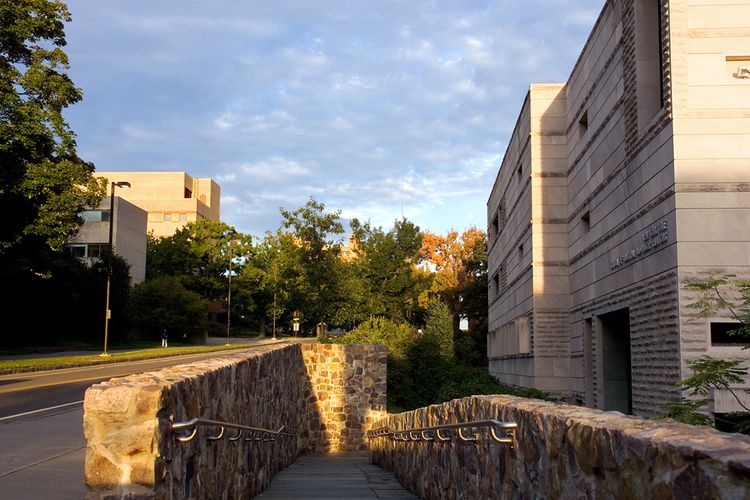
April 24, 2025
11:15 am
Sibley Hall, 115
IAD Spring 2025 Seminar Series:
In the 1960s and 1970s, in response to holdouts of colonial power in southern and Portuguese Africa, self-described African national liberation movements took form. These organizations engaged in military and diplomatic efforts to achieve independence, usually with the goal of seizing state power. These groups were surprisingly successful at mobilizing western support, especially from civil society organizations ranging from moderate to militant left groups. Supporters organized American speaking tours for liberation movement representatives; for example, in 1973, Cape Verdean guerrilla leader Amilcar Cabral spoke at Syracuse University. Supporters also channeled aid money to development projects run by the liberation movements. This talk will explore the methods of connection with African liberation movements, looking at how they worked together to attract western support, and what that support entailed. This paper will argue that this period constituted a unique moment of political, intellectual, and strategic connection between a small set of African political formations and an equally small set of western formations. It therefore sheds new light on the history of aid and development politics.
Public Registration
Additional Information
Program
Einaudi Center for International Studies
Institute for African Development
IAD Spring 2025 Seminar: "Decolonizing African Agriculture: Food Security, Agroecology and the Need for Radical Transformation" - Bill Moseley, Dewitt Wallace Prof. of Geography and Director of the Program for Food, Agr. and Society, Macalester College
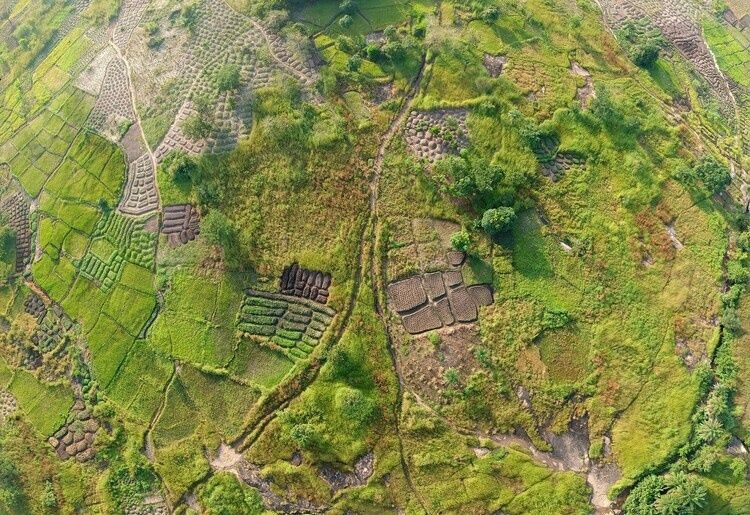
March 13, 2025
11:15 am
115 Sibley Hall
This presentation summarizes a new book analyzing the history of food security and agricultural development initiatives in post-colonial Africa and outlining a vision for future prosperity. The basic argument has three parts. First, development organizations and governments will only begin to seriously address food insecurity in Africa when they more fully question the assumption that production agriculture is the solution, an idea that is central to crop science or agronomy. Second, agricultural development must be seen as more than the first step in an industrial development process, but as a sustainable livelihood that has value in and of itself. Third, an agroecological approach, combined with good governance, will allow people to have greater control over their food systems, produce healthy food more sustainably, and enhance access to food by the poorest of the poor. Following a broad conceptual introduction emphasizing political agronomy and political ecology, the author reviews past food security and agricultural development experiences in four countries where he has undertaken research: Mali, Burkina Faso, South Africa and Botswana. He then examines successful efforts in each of the aforementioned countries and outlines future directions that emphasize agroecology, the application of ecological principles to agricultural systems. He concludes with some ideas about institutions at the national, regional and international levels. To build more resilient food systems and a different kind of development, new institutions will need to emerge that support agroecology and vibrant rurality.
Public Registration
Additional Information
Program
Einaudi Center for International Studies
Institute for African Development
IAD Spring 2025 Seminar: "Street Traders’ Associations and Collective Action in Politically Volatile and Contested Cities"
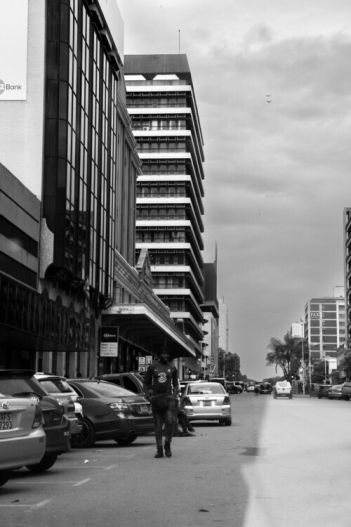
March 6, 2025
11:15 am
115 Sibley Hall
In this presentation, I discuss how street traders’ associations in Harare (Zimbabwe) mobilize and organize to defend the interests of traders operating in a politically volatile and contested urban environment. I demonstrate how external political dynamics, and institutional constraints shape the strategies and outcomes of these associations. Drawing on qualitative research, including interviews with municipal officials, civil society leaders and focus groups with street traders, the findings reveal that while some associations engage in episodic activism, responding to immediate crises like harassment or eviction, their efforts often lack sustained impact. This is due to challenges in maintaining legitimacy, fostering long-term member engagement, and navigating a politically polarized context. I argue that despite their actions leading to incremental gains, they fail to catalyze structural changes in urban policy and planning. The fragmentation and political polarization within the associations weaken their bargaining power to influence policy agendas or propose alternative policies for negotiation with urban authorities.
Public Registration
Additional Information
Program
Einaudi Center for International Studies
Institute for African Development
